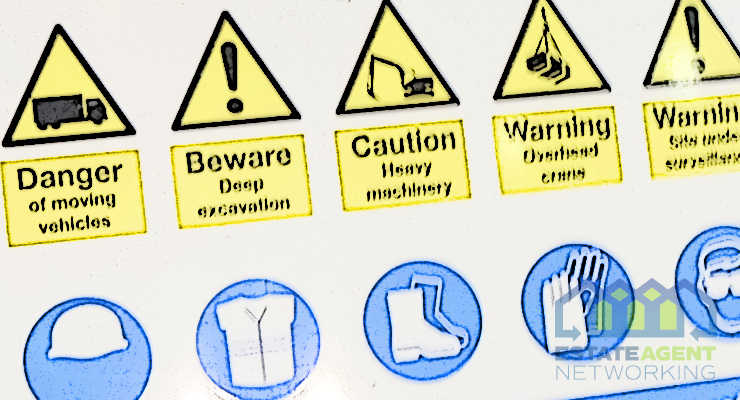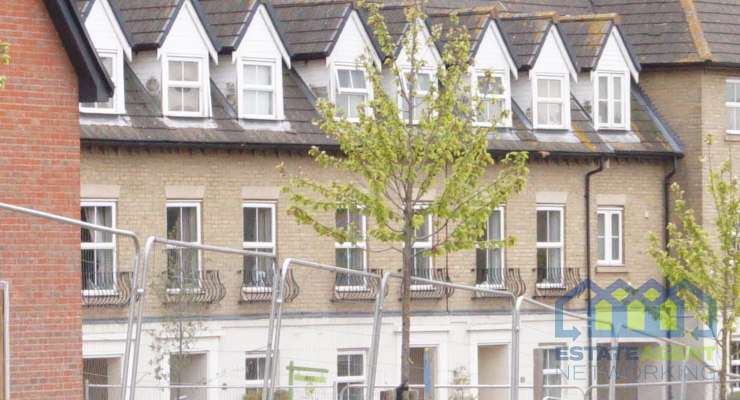8 Factors That Affect The Cibil Score Of Your Credit Card
CIBIL score refers to the numerical representation of your ability to repay your credit. It is an important factor that helps you get access to credit products such as credit cards and loans.
Calculated by TransUnion CIBIL credit bureau based on factors such as credit type, payment track record, and more, CIBIL score is a three-digit number that represents your creditworthiness. Majority of lenders like banks and NBFCs prefer a CIBIL score of 750 and above.
Here are some of the major factors that can affect your CIBIL score-
1. Poor Payment Record
An individual’s payment history has the biggest influence on their CIBIL score. To eliminate the risk of low credit score, it is important to pay your credit card dues on time every month. If you delay your payment by 30-days, it can negatively impact and reduce your score by as many as 100 points.
If you have multiple credit cards to manage, it is always advisable to set up payment reminders and alerts, to avoid the instances of missed/delayed payments. This is important as any delay in repaying your dues reflect poorly on your CIBIL score and indicates that you are not consistent with repaying credit.
2. Paying Only The Minimum Amount Due
Paying only minimum amount due on your credit card every month can quickly make you fall into a debt trap. This kind of rolling over the debt by paying only the minimum amount due each month leads to the interest compounding on your balance outstanding of your card.
Not paying your credit card bills in full, in turn, reflects poorly on your repayment behaviour, thus affecting your CIBIL score negatively.
3. Length Of The Credit History
Your credit history reflects the total number of years that have passed since you have first opened a credit account such as a credit card or any loan product. Having a long credit history helps lenders take an informed decision at the time of offering you credit.
It is, therefore, important to focus on building a solid credit history early in life as it can help you improve your CIBIL score and also makes it easier to avail loans based on a good record of credit transactions.
4. High Credit Utilisation Ratio
Credit utilisation ratio refers to the amount of credit used in proportion to the total credit limit that is available on your credit card. As a credit cardholder, you need to keep a close check on this ratio.
In an ideal scenario, your credit utilisation ratio should not be more than 30%, that is you should not exceed using 30% of your credit limit.
For instance, if your credit card limit is Rs. 70,000, you should not spend more than around Rs. 21,000.
If you end up using over 50% of your credit limit, it will negatively affect your CIBIL score. This is primarily because having a high credit exposure indicates that you are at a higher risk of default.
5. CIBIL Report Errors
It is essential to check your credit report frequently throughout the year to ensure that it does not have any errors that may affect your CIBIL score. A credit report may contain various errors such as spelling mistake of your name or default on your payments.
Since your CIBIL report carries a detailed record of all your current as well as past credit accounts, any kind of errors will bound to impact your CIBIL score. So, check your CIBIL report for discrepancies and get them rectified immediately.
Most of these errors have to be rectified by lenders only as CIBIL does not correct reports without lenders reporting and confirming the changes to be made.
6. Multiple Credit Applications
When you apply for a credit card or a loan product, the first thing that lenders do is check your creditworthiness by pulling out your credit report, also known as a hard inquiry.
Making multiple credit applications means there will be several credit inquiries simultaneously to check your history and all these hard inquiries impact your CIBIL score negatively.
7. Too Much Exposure To Unsecured Credit
If you have a high outstanding unsecured debt through credit cards and other loan products, it can adversely affect your CIBIL score as it will reflect your inability to manage your finances effectively.
The best way is to maintain a balance between secured credit (such as car loan, home loan, etc.) and unsecured credit (credit card, personal loan, etc.) to maintain a high CIBIL score.
8. Negative Marks
A negative mark in a CIBIL report could be anything like a foreclosure, written off or settled status, accounts in collections due to payment defaults etc.
If you have a large number of such negative marks accumulated in your CIBIL report, it could severely restrict your eligibility for credit as it indicates mismanaged credit- something that potential lenders take as a red flag.
If you find any default being reflected on your credit report, make sure to settle it immediately and ensure that it is shown as ‘closed’ status instead. Also, make sure to get a formal closure certificate/letter from the lender as it will show that the card/loan has been fully paid off and helps keep your credit score healthy.
How To Check Your CIBIL Score
If you have been wondering about how to check CIBIL score, follow the below steps –
• Go to the CIBIL website and fill out the details, including your name, contact number, and email address.
• Provide the additional details about you including your accurate Pan number.
• Once you answer all the questions correctly about credit cards, your CIBIL score will be calculated, and a completed credit report will be generated.
To Conclude
CIBIL score has a direct impact on an individual’s financial life. While a higher CIBIL score suggests a lower risk of default, a low CIBIL score restricts your ability to avail further credit from potential lenders.
The factors mentioned above can help you maintain a good credit history, thus strongly improving your chances of a credit card or loan approval in the future.
In addition to this, having a good CIBIL score can help you get cheaper loans as many lenders have started considering credit or CIBIL scores while fixing interest rates on credit products.









